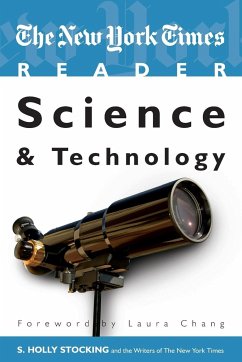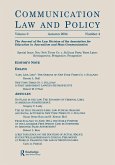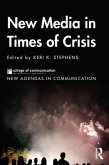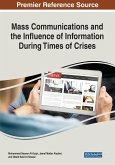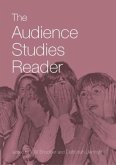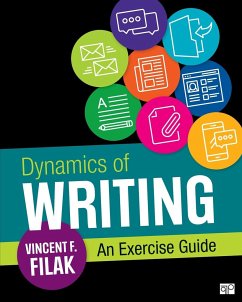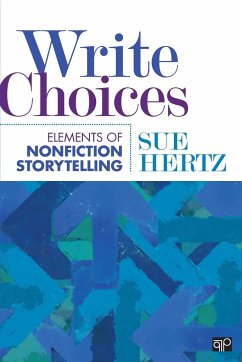Science writing poses specific challenges: Science writers must engage their audiences while also explaining unfamiliar scientific concepts and processes. Further, they must illuminate arcane research methods while at the same time cope with scientific ignorance and uncertainty. Stocking's volume not only tackles these challenges, but also includes extraordinary breadth in story selection, from prize-winning narratives, profiles and explanatory pieces to accounts of scientific meetings and new discoveries, Q&A's, traditional trend and issue stories, reviews, essays and blog posts. These Times exemplars, together with Stocking's guide to reading stories about science and technology, are perfect for science writers who aspire to diversify and hone their reporting and writing skills in a changing media climate.
Hinweis: Dieser Artikel kann nur an eine deutsche Lieferadresse ausgeliefert werden.
Hinweis: Dieser Artikel kann nur an eine deutsche Lieferadresse ausgeliefert werden.

